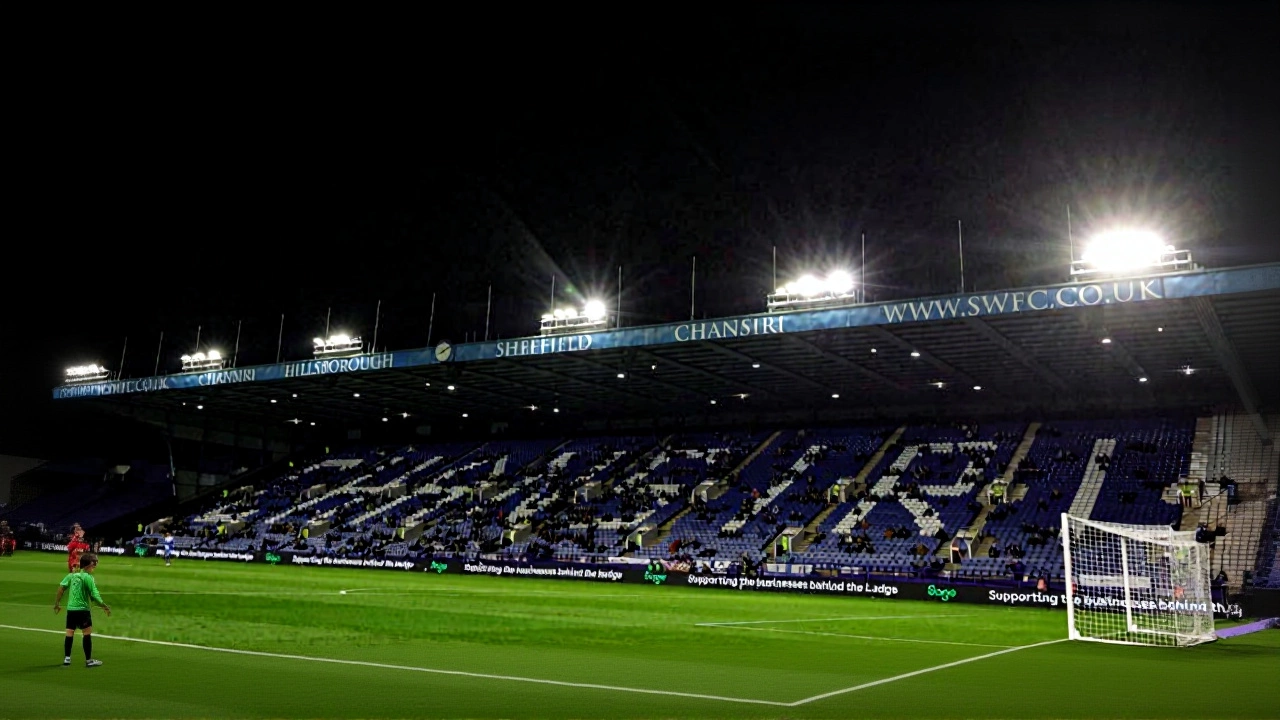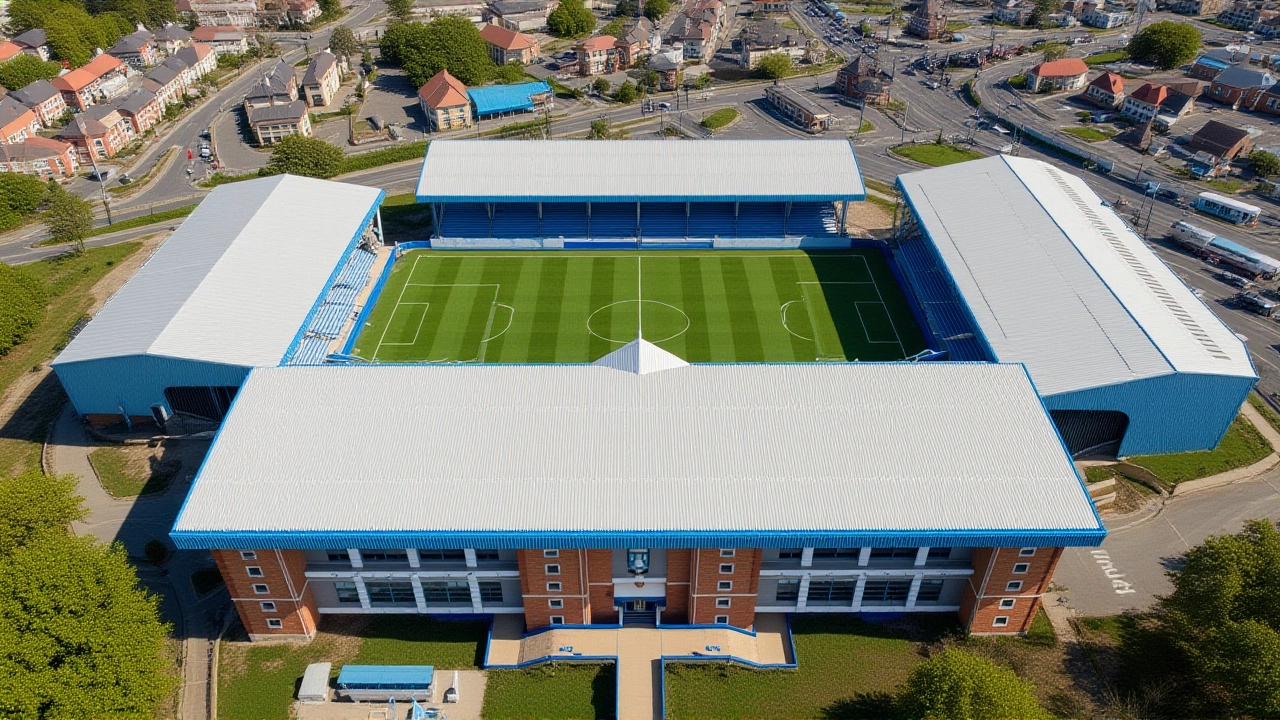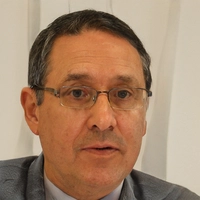
On 23 October 2025, thousands of Sheffield Wednesday fans chose not to fill the home terraces of Hillsborough Stadium, staging a dramatic boycott of their Championship clash with Middlesbrough FC. Behind the silence sits Dejphon Chansiri, owner of Sheffield Wednesday Football Club, whose financial mismanagement has sparked anger across the city. The protest was organised by the Sheffield Wednesday Supporters' Trust, which projected a stark message onto the stadium façade urging the Thai businessman to sell the club “as soon as possible.” The atmosphere was eerie – the only audible roar came from the away end, where roughly 4,000 Middlesbrough supporters cheered while home sections remained empty.
Background to the protest
Chansiri took control of the Owls in 2015, promising investment that never fully materialised. Over the past decade the club has slipped into its tenth consecutive season without European football, and the 2025‑2026 campaign has been littered with unpaid staff wages, delayed transfers and a looming HMRC winding‑up petition. Earlier this summer, the club filed for administration – a move that triggered an automatic 12‑point deduction from the English Football League, plunging Wednesday to the bottom of the Championship with a negative points total.
Fans have not been silent for long. In March 2025, the Supporters' Trust launched a petition that rapidly gathered more than 15,000 signatures, demanding a change of ownership. The trust’s committee, chaired by long‑time supporter Mark Davies, warned that “the club is being run into the ground for the benefit of a single owner’s pocket.”
The match‑day boycott in detail
The Championship encounter on 23 October was officially billed as a sold‑out affair, with stadium records listing an attendance of just over 20,000 – a figure that includes season‑ticket holders regardless of whether they actually turned up. Sky News reporter Ben Clarke estimated that “there probably weren’t many more Sheffield Wednesday fans in the ground than the 4,000 Middlesbrough supporters.”
At half‑time, a luminous projection spelling out “SELL THE CLUB NOW” lit up the north stand, followed by a brief statement from the Trust’s Twitter account @SWFCTrust: “Last night was a powerful moment for our fanbase, and we thank every single supporter who played their part. The empty seats inside Hillsborough were not a sign of absence, but of unity.”
Outside the stadium, local businesses reported a noticeable dip in foot traffic, and several nearby pubs saw a surplus of empty chairs where usually buzzing crowds gather after matches.
Reactions from key stakeholders
Club administration – A spokesperson for Sheffield Wednesday declined to comment on the protest, noting only that “the club remains focused on its on‑field performance.” The statement did, however, acknowledge the recent administration filing and the consequent points deduction.
Supporters' Trust – In an interview, Trust chair Mark Davies said, “We’re voting with our feet because money spent on tickets that day simply fed into a system that’s debt‑laden and unsustainable. This is about protecting the Owls for future generations.”
League officials – An English Football League representative warned that “any further disruption could jeopardise the integrity of the competition,” but added that the league is monitoring the situation closely and will work with the club to ensure safety and fairness.
HMRC – A senior HMRC source confirmed that a winding‑up petition remains “active,” and that the agency is prepared to act should the club fail to meet its tax obligations in the next quarter.
Implications for the club’s future
- Administration could force a sale for less than market value, according to Sky News analysis.
- A successful boycott may deter potential investors who see fan unrest as a risk.
- Should the club be sold, a new owner would need to inject at least £30 million to stabilise finances and satisfy creditors.
- The 12‑point deduction makes promotion virtually impossible this season, further lowering revenue from TV rights and match‑day sales.
Experts warn that the Owls could become a cautionary tale of how fan mobilisation can accelerate ownership change – but only if a viable buyer steps forward. Otherwise, the club faces the spectre of relegation to League One, which would erode its historic status as one of England’s oldest professional clubs founded in 1867.

Next steps and upcoming forum
The Trust has scheduled a fans’ forum for Tuesday, 4 November 2025, promising a detailed roadmap for “next‑phase actions,” which may include legal challenges to the administration process and coordinated outreach to potential community‑owned ownership models.
Meanwhile, Chansiri’s legal team is reportedly preparing a statement that will deny any wrongdoing and assert that the club’s financial “re‑structuring” is necessary to ensure long‑term viability.
Historical perspective on Chansiri’s tenure
When Chansiri arrived in 2015, he pledged a £50 million injection to rejuvenate Hillsborough and bring the Owls back to the Premier League. Within three years, the club had amassed a £30 million debt, and in 2020 the first wave of unpaid wages hit the locker‑room. The COVID‑19 pandemic only amplified cash‑flow problems, and by 2023 the club was forced to sell key assets, including the historic training ground at Hillsborough Lane.
Fans have staged smaller protests before – a notable one in 2022 saw a “kettle‑black” banner unfurl from the South Stand after a 2‑0 defeat to Norwich City. The 2025 boycott, however, marks the first time a club’s home end has been deliberately left almost barren for an entire league match.
Frequently Asked Questions
How does the boycott affect Sheffield Wednesday’s financial situation?
Every empty seat means lost match‑day revenue – roughly £45 per ticket plus concessions. With an estimated 15,000 home fans absent, the club forfeited around £675,000 on the night, tightening an already precarious cash‑flow that struggles to meet tax and wage obligations.
What legal avenues does the Supporters' Trust have against the administration?
The Trust can petition the Insolvency Service to review the administrator’s handling of assets and may pursue a judicial review if they believe the sale process unfairly favours Chansiri or undervalues the club’s community worth.
Could the boycott trigger a change in ownership?
Potential buyers monitor fan sentiment closely; a sustained protest signals a hostile environment that could deter speculative investors while attracting community‑focused consortiums seeking to restore the Owls’ heritage.
What role does the English Football League play in this crisis?
The EFL enforces the 12‑point deduction, monitors club licensing, and can impose further sanctions if financial rules are breached. However, it cannot intervene directly in ownership disputes, leaving that to courts and creditors.
What will be discussed at the November 4 fans' forum?
The agenda includes a review of the boycott’s impact, legal strategies against the administration, proposals for a fan‑owned ownership model, and a timeline for engaging potential investors before the next transfer window.

Write a comment